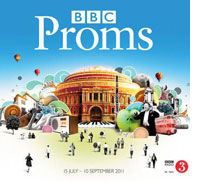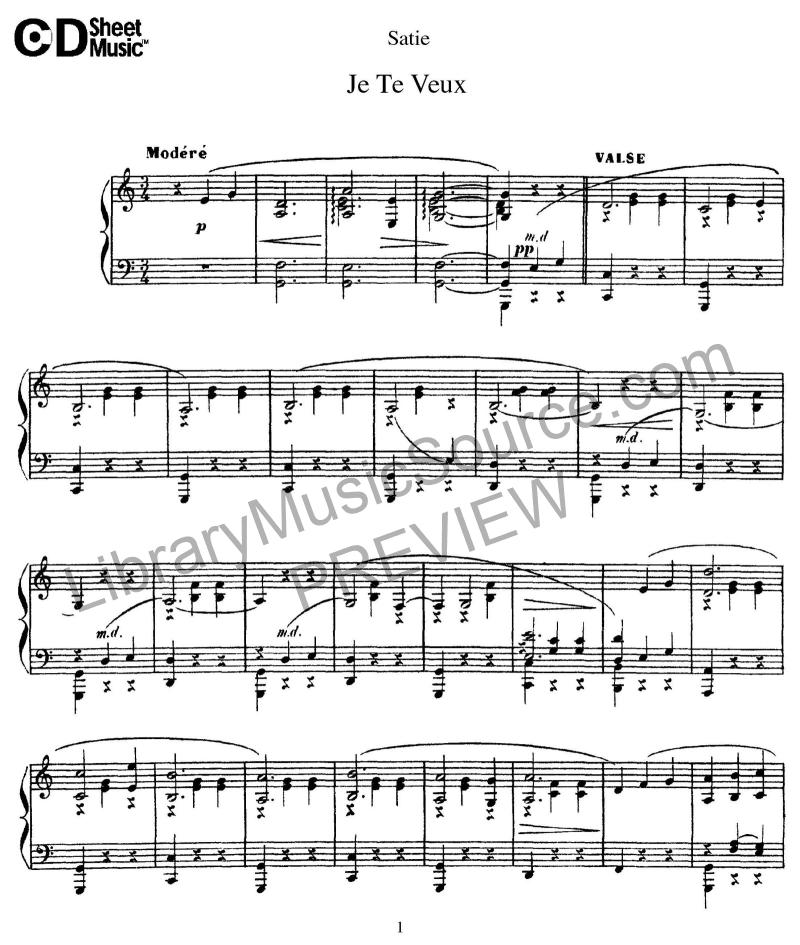Be My Guest: an occasional series featuring guest posts and contributions. This week, for one former musical alumnus, going to a performance of Handel’s Rinaldo at this year’s Proms raises some serious questions about which man she wants in her life…
—
 Remember how I went out with N.? How it was all lovely and picture-perfect, but neither of us really felt a spark? Well, seeing as we’re nearing our one-year anniversary of that date (and haven’t really been in touch since) we decided to repeat last year’s performance and go to the same outdoor festival. Now, I’m still not really in the market for dates, but this seemed to be more a reminiscent outing than anything else- we had a fun time watching a movie last year, so why not do it again.
Remember how I went out with N.? How it was all lovely and picture-perfect, but neither of us really felt a spark? Well, seeing as we’re nearing our one-year anniversary of that date (and haven’t really been in touch since) we decided to repeat last year’s performance and go to the same outdoor festival. Now, I’m still not really in the market for dates, but this seemed to be more a reminiscent outing than anything else- we had a fun time watching a movie last year, so why not do it again.
The organisation was very simple- after all, we’d done this date before. The only apparent problem was that on the day of the festival, it was raining like mad (what with it being August in London and all), and I couldn’t really see us sitting outside on the ground, huddling in the downpour, trying to keep the mud from seeping into our mats and blankets, all while balancing umbrellas, trying to see the screen and eating sushi. I guess you can see my priorities here.
Either way, I proposed what I thought of as an excellent alternative to outdoor cinema: Prom 55. It has the same picnic + culture spirit as the original plan, but instead of in the rain, we’d sit in the Royal Albert Hall. I love opera, I love Handel, I love Handel operas- I was already completely sold on the idea. In a quick text, my date agreed and we settled where and when we’d meet.
I spent half the afternoon researching Rinaldo, reading synopsis and interpretations and pre-listening to important arias online. I was positively giddy when I arrived at our meeting point. Also because I was curious to meet N. again. But yeah, mostly for meeting R.
Our pre-Prom queue banter quickly showed that N. hadn’t even realised he was going to a partially-staged opera performance instead of an orchestral concert. His face twitched slightly when he asked “Oh, with singing and everything?”- which should have warned me. However, I was in my own little bubble of enthusiasm and just replied “Yes, it’s going to be amazing!” instead of picking up on his scepticism.
We got gallery tickets, and found space to sit near the bannisters about in the middle of the gallery. Excellent promming! We could see the entire stage, albeit through “prison bars” as my date charmingly put it, and I got even more excited.
I was enthralled from the first notes of the ouverture (go listen to it here). Prom 55 was the Glyndebourne 2011 production of R. by Georg Friedrich Handel, where the Crusade Age plot is re-imagined as a revenge-fuelled school boy’s dream after he’s been bullied one time too many. Seeing as the original baroque opera’s plot is confusing at best, and racially, sexistically and religiously insensitive and bigotted at worst, I thought this was a clever choice(although on a whole the “transported in modern time through one thing or other” strategy isn’t my favourite staging tool) and overall, the transformation into a teenage fantasy worked for me.
Sadistic teachers, wise teachers, mean girls, luring synchronised swimmers, armies of bicycle riders and football playing boys- R. filled his dream with some too-well-loved stereotypes and cliches along with some very bright ideas. While the latex-clad Armida as teacher with cane and posse of St Trinian lookalikes felt a bit heavy-handed for me, I found the reimagining of the final battle scene of christians and muslims as a slow-motion football game that ended with R. scoring into the orchestra simply ingenious.
The Orchestra of Enlightenment was fantastic, and although I wasn’t entirely convinced by his harpsichord solos, I really liked Ottavio Dantone’s musical direction. The singers were spirited and lively, with Sonia Prina’s title role a special treat.
You can tell, I adored it from the first minute. Poor N. really didn’t. He hadn’t read the plot beforehand, and my hastily whispered 45 second introduction to a story along the lines of “…and then A dresses up as B and her lover C falls in love with her in costume, so she plots revenge together with B’s lover D, who she has imprisoned earlier. Oh, and she’s a witch!” didn’t really enlighten him either.
The Prom performance was not surtitled like most other foreign language opera performances (a decision I don’t understand), N. thus had hardly any chance to understand what was going on for the next two-and-a-half hours.We discussed our experiences in the first interval, and it became clear he had resigned to just listening and ignoring the plot completely. And although he was too polite to explicitly state it, it was quite obvious that baroque opera was not the music he would usually choose to listen to for an evening while sitting on the linoleum covered floor amidst a bunch of opera-fanatic strangers.
This essentially gave me a choice to either a) be a very nice person, suggest to leave during the interval and get some drinks instead and spend some more quality time with X. or b) resist the social clues, stay for the rest of the opera and spend some more quality time with R.
I went with b). Because I truly fell in love with R. I’ve been obsessively listening to the recording over and over again in the past days. I’ve imagined our future, how I’ll buy the DVD when it comes out and how I’m going to go to all future Glyndebourne proms. I couldn’t wait to tell my friends, and just writing it down now makes me smile.
N. took it very gracefully, and I promised him non-operatic drinks next week.
—-
(Read more from about our guest’s grappling with life on their own blog here).



 From Monday, and on
From Monday, and on 



 Remember how I went out with N.
Remember how I went out with N.